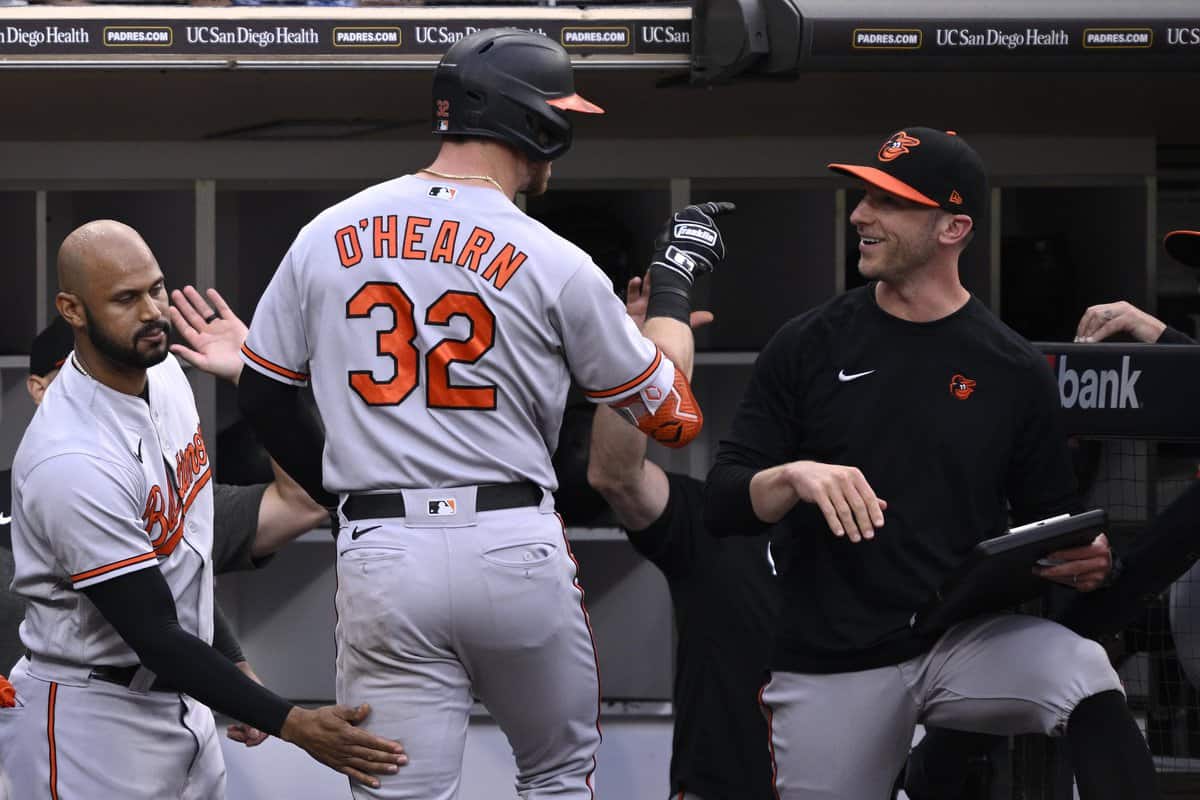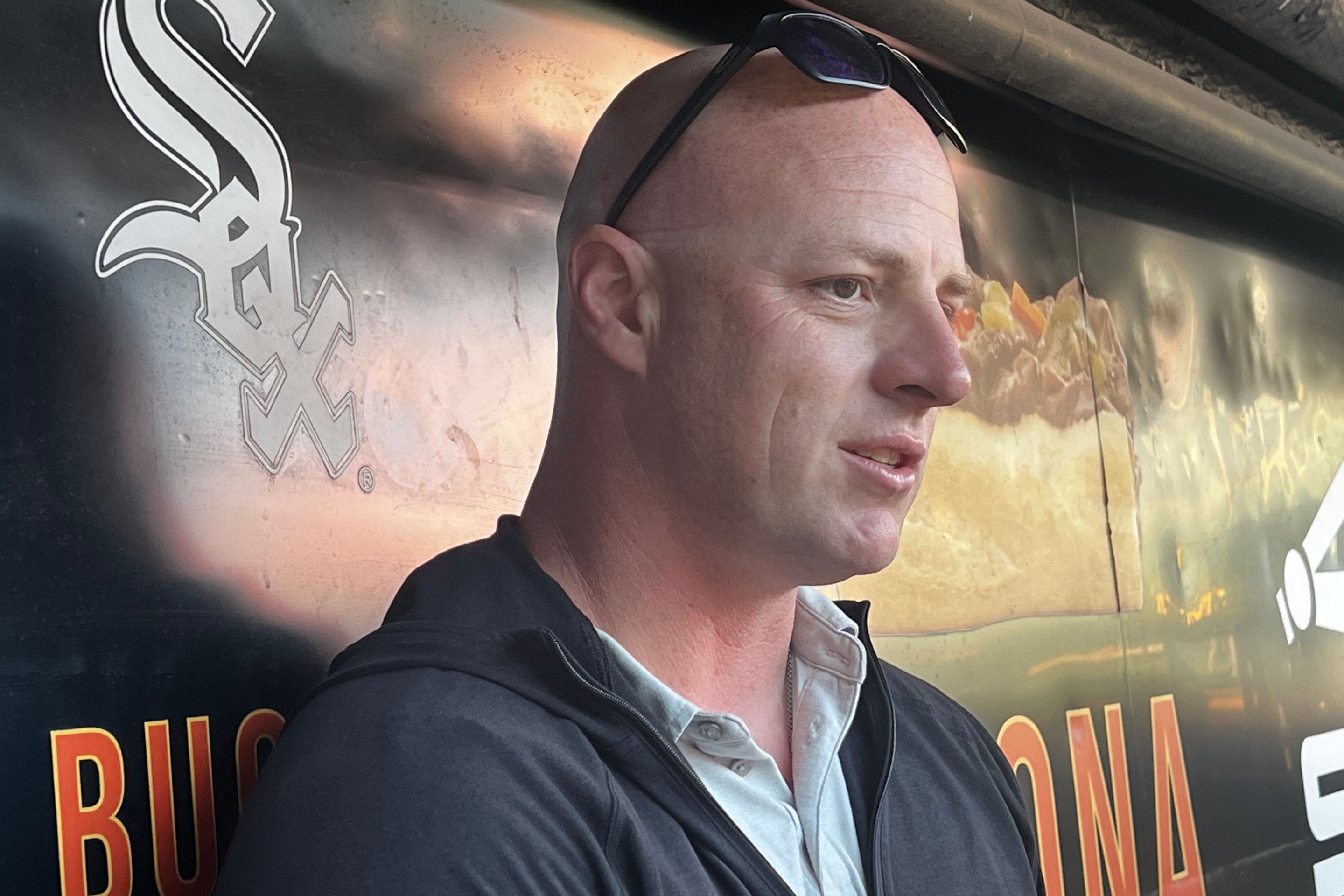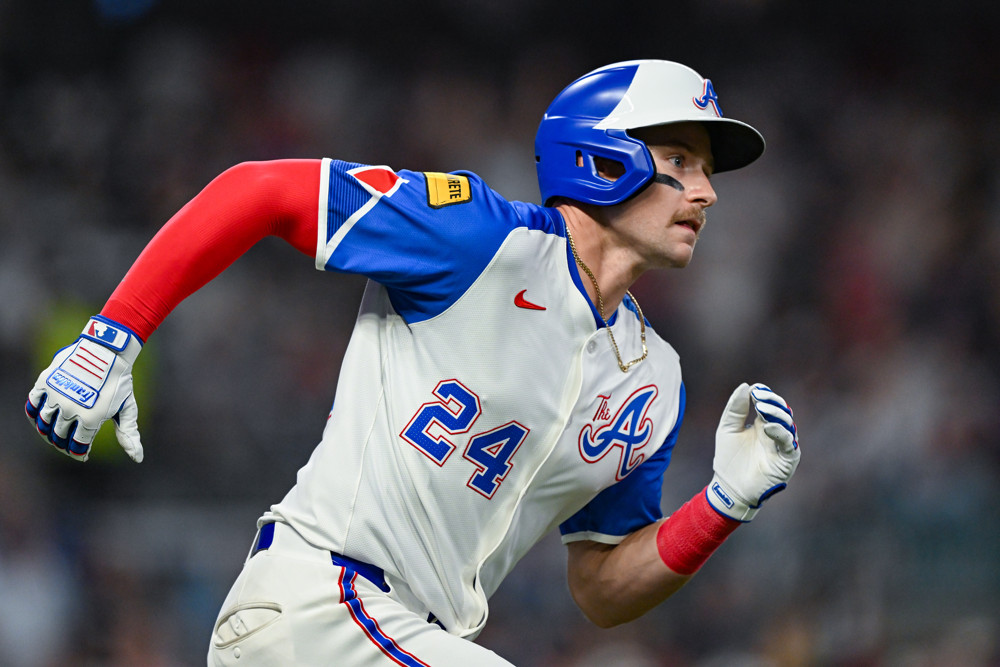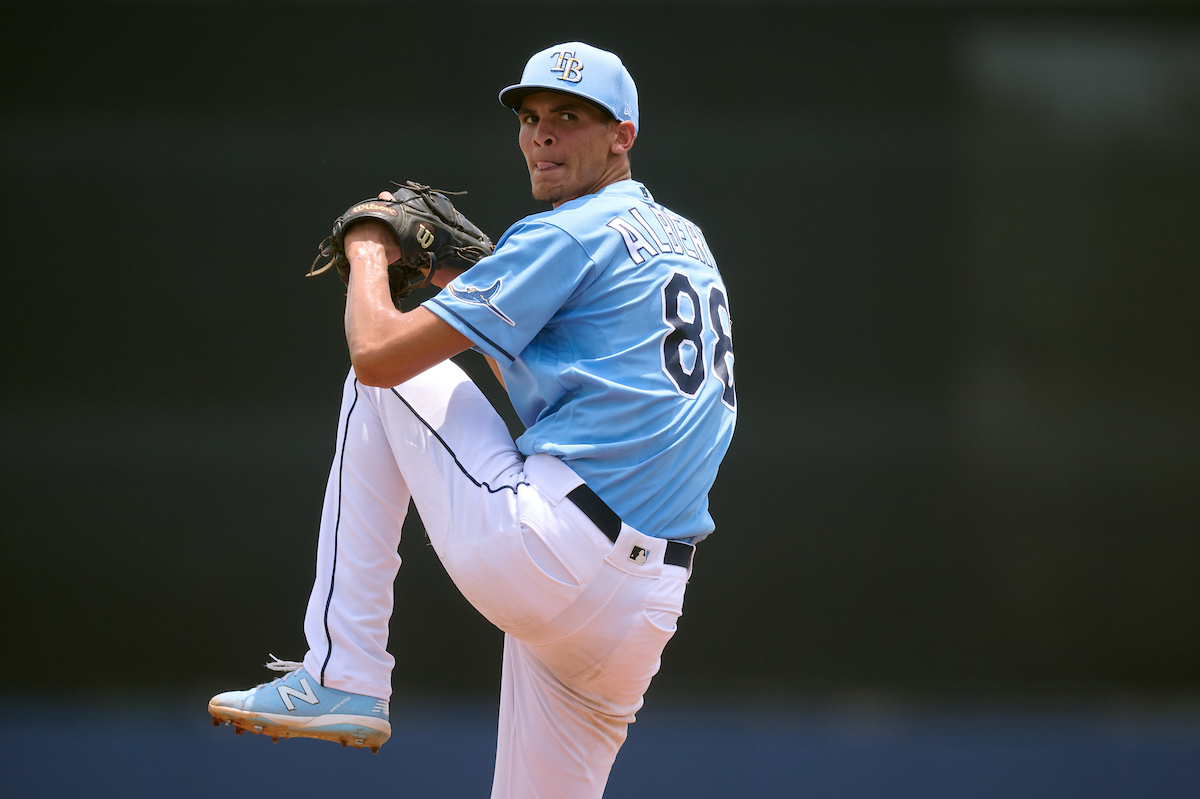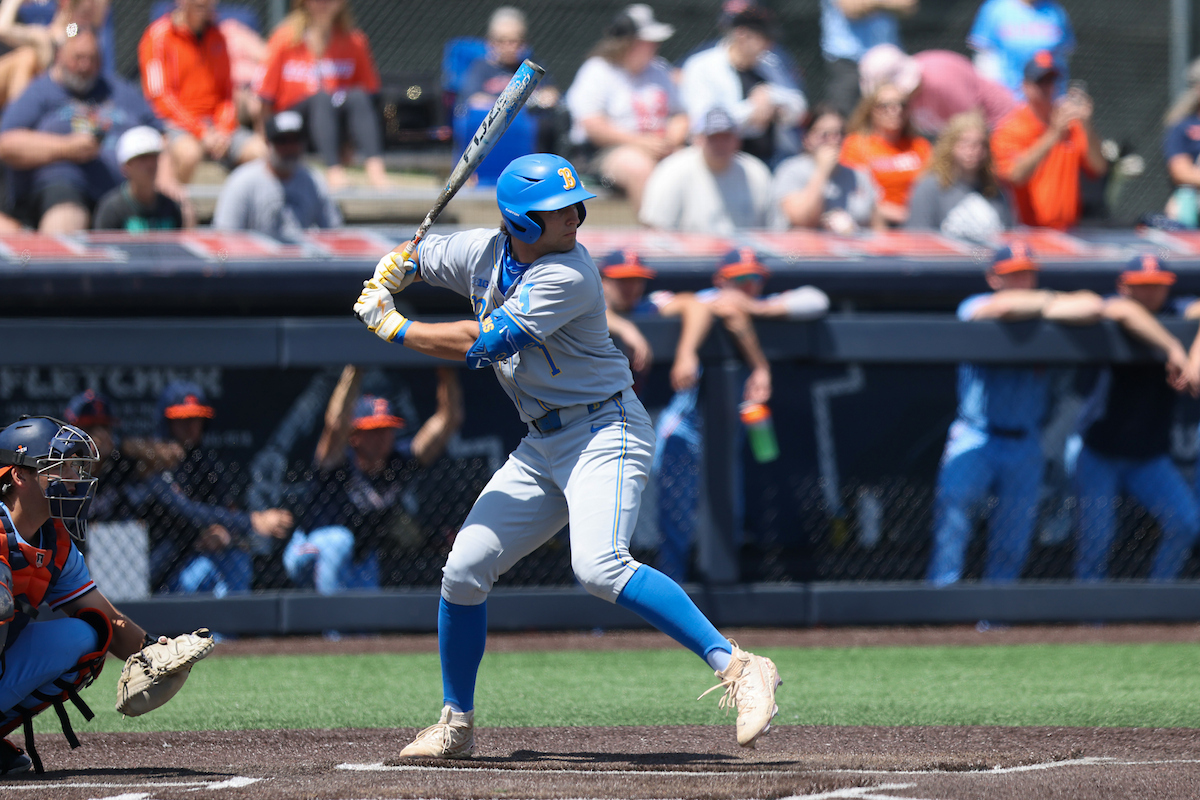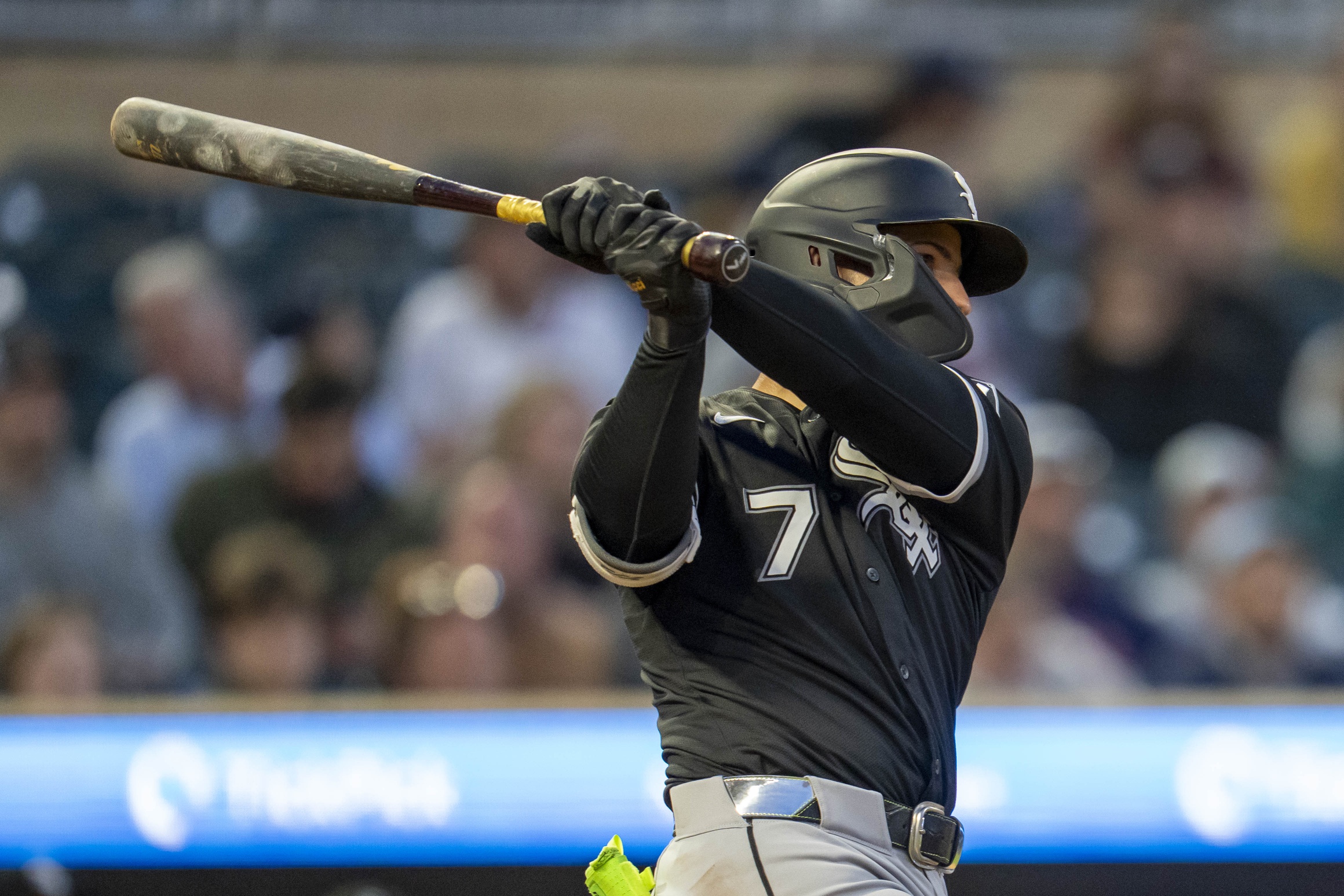Back in August, James asked Brian Bannister if there was a Brian Bannister for hitting. In other words, could the White Sox hire somebody in a director role who could have a similarly distinct impact on hitters, be it on the types of players the team acquires, or the ability to make informed tweaks before or during the season?
The short answer was "no," but mostly because pitchers hold the ball. Hitters have to react to it, which means the most precise mechanical adjustments in the world are nothing without all the components that go into an approach. That said, White Sox leadership indicated they at least wanted to see if such an addition was possible.
Sure enough, at this week's GM meetings Chris Getz did confirm the hire of a director of hitting -- akin to Bannister's title of senior adviser to pitching -- by hiring former Orioles hitting coach Ryan Fuller. Hats off to Josh for being first with the information.
With the Orioles, the 34-year-old Fuller had climbed from minor league hitting coordinator in 2019 to co-hitting coach starting in 2022, working alongside fellow coach Matt Borgschulte and offensive strategy coach (and Sporcle Saturday legend) Cody Asche. After a late-season fade, including a Wild Card Series in which the Orioles scored just one run in two games, they will try to rebound with a new formula. Fuller and Borgschulte are gone. Asche remains, and he's reportedly the new hitting coach, with Tommy Joseph coming over from Seattle as a new assistant hitting coach.
For what it's worth, the Baltimore Banner said Fuller made the decision to leave Baltimore, but even if they were axed, the Orioles' co-hitting coaches needed little time finding new gigs. The Twins hired Borgschulte -- formerly a hitting coach in their minor league ranks -- as their new hitting coach, and now here comes Fuller to help the White Sox revamp their approach to developing hitters.
The nature of Baltimore's hitting arrangement makes it tough to identify Fuller's individual contributions, but they all seemed to be held in high regard. As the offensive swoon took hold in early September, Orioles hitters defended Fuller and the coaches. James McCann said the Orioles had the best hitting coaches in the league, and Ryan O'Hearn, who went from being a sub-replacement-level player four consecutive years in Kansas City to an above-average platoon bat in Baltimore upon arrival, said Fuller is "really good with mechanics. When I'm struggling, I want him to look at the iPad and tell me what he sees."
In a director role, however, the feathers in Fuller's cap are less important than his knowledge of how the Orioles developed a program that both allowed them to develop drafted hitters and improve the fortunes of guys who had stalled elsewhere.
In August, Britt Ghiroli and Eno Sarris tried to reverse-engineer the Orioles' secret sauce with the help of outside evaluators. While Fuller was among the key contributors in reimagining their hitting program five years ago, it also required scouts and analysts identifying the players who were most likely to be moldable, and an army of live-armed coaches who create nasty batting practice environments. Mike Elias made 65 hires over 18 months, and this sort of operation would be how strength in numbers manifests itself.
Whether the White Sox will make dozens and dozens of hires remains to be seen, but per Daryl Van Schouwen at the GM meetings in San Antonio, Chris Getz is making better information a talking point:
Getz has also restructured the research and development department, which uses data analysis and research to improve baseball operations and performance.
“We’ve tasked our analysts to be more specialized, and we’re beginning to build some really cool stuff that’s going to help create competitive advantages in a lot of areas,” he said. “It’s a big piece of how we conduct our business.”
The reasonably cynical reaction is that Getz would rather talk about all the employees fans won't see after a 121-loss season and no major additions on the way, and he might be getting ahead of himself by talking about "competitive advantages" after years of running steep competitive deficits. Being competitively neutral -- or not competitively disadvantaged -- would represent major progress in and of itself.
It'd be unreasonable to expect Fuller to copy and paste the Orioles' formula with the White Sox by himself, but the sources of the Orioles' success -- important draft picks and reinvigorated complementary players -- need to become the White Sox's sources if there's no hope of spending their way out of it. Fuller knows how it happened and has a history of generating buy-in, which is pretty much all the White Sox can seek out of this one role.
The good news is that if there isn't a true "Brian Bannister for hitting," then that should provide sufficient motivation to keep hiring.
